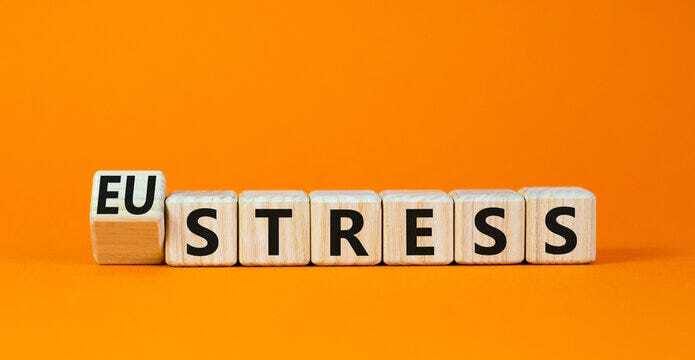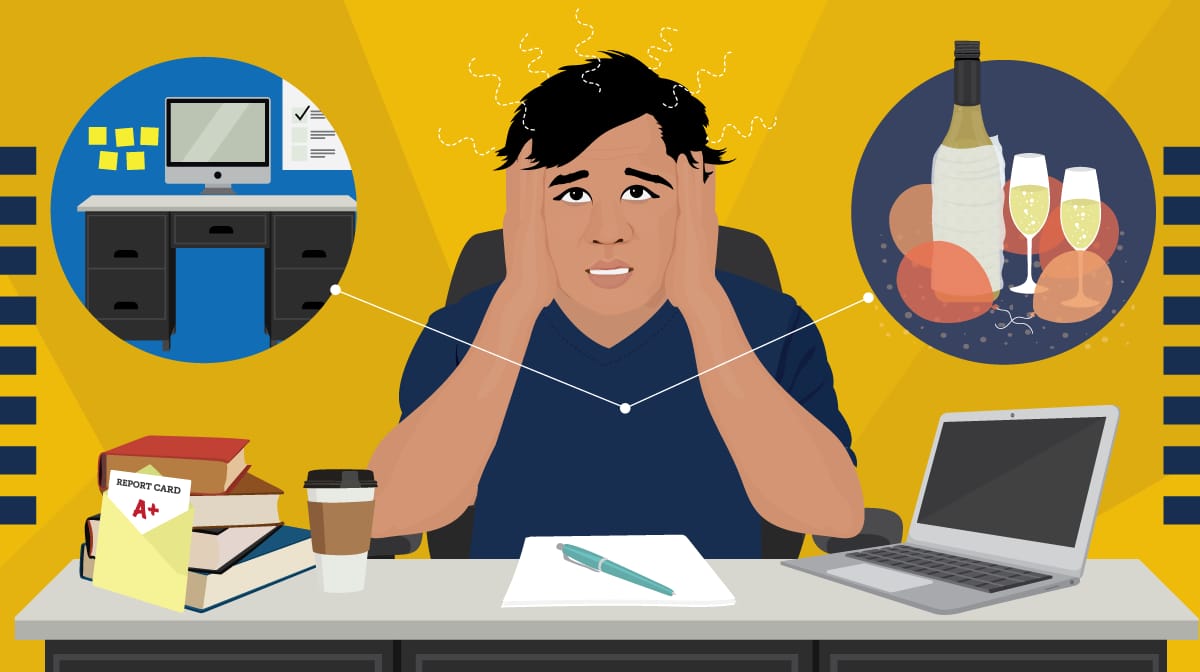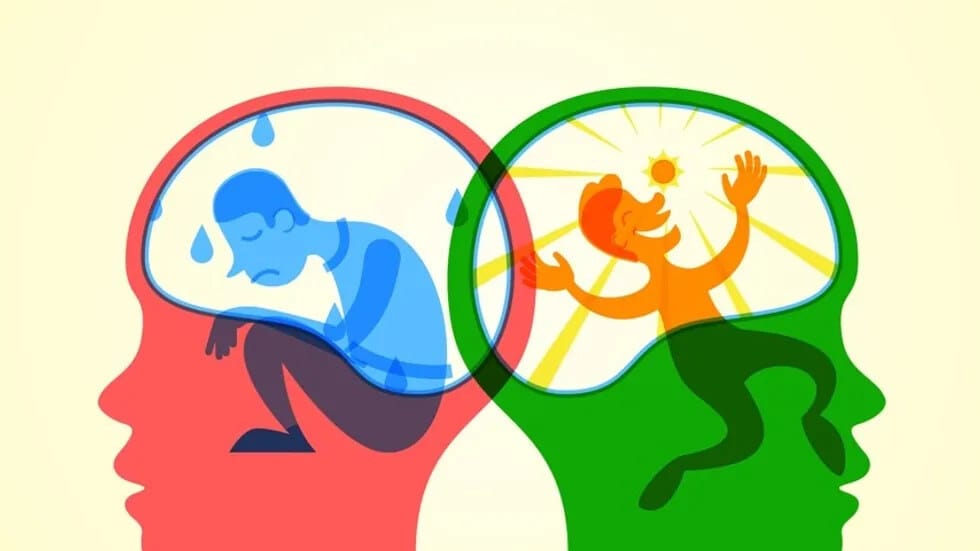Ah, stress. It's a common experience that can impact us in so many ways, both physically and mentally. It can be associated with negative emotions like feeling wiped out, burnt out, and getting sick. However, there are also positive aspects to stress that we ought to understand. There are two types of stress: distress, which is the negative experience, and eustress, which is the positive one.
To live a better life, we should know the difference between distress and eustress and learn ways to manage stress. One way to do this is by embracing challenges and turning them into opportunities for growth. We can also find balance by caring for ourselves physically and mentally. By doing so, we can learn to use stress to our advantage, transforming it into a valuable tool for personal development and growth.

What is Eustress?
Eustress is the stress that makes us feel good and helps us perform better. It's the opposite of distress, which is bad stress. Eustress happens when we face challenges that we think we can handle.
Eustress is good for us in many ways. It helps us think better, remember things more easily, and be creative. It can also strengthen our immune system, help us be more resilient, and make us better people. Eustress makes us feel excited, engaged, and satisfied and can even put us in a state of "flow" where we are completely focused and motivated from within.
Here are the characteristics of eustress:
Feeling excited or energized
Feeling motivated and focused
Feeling a sense of accomplishment or pride
Feeling that the challenge is manageable and within your control
Here are some examples of eustress:
Starting a new job
Going on a vacation
Completing a challenging task
Achieving a goal
What is Distress?
Distress is a type of stress that can harm us. It happens when we face too many demands or challenges that we can't handle. Distress can make us feel anxious, frustrated, angry, or sad. It can come from many things, like work pressure, conflicts with others, money problems, or health issues.
Distress can hurt our health. Exposure to distress for a long time can weaken our immune system, make it hard to sleep, and make us more likely to get sick. It can also harm our mental health. To deal with distress, we need to recognize it and take steps to fix it. This might include asking for help from people we trust, taking care of ourselves, or talking to a doctor or therapist.

Here are the characteristics of distress:
Feeling overwhelmed or anxious
Feeling irritable or angry
Feeling helpless or hopeless
Feeling that the challenge is too difficult to handle
Here are some examples of distress:
Feeling overwhelmed by work or school
Having financial problems
Dealing with a difficult relationship
Experiencing a major life change, such as a job loss or a death in the family
Factors that influence eustress vs. distress
Factors that can influence whether a situation leads to eustress or distress include:
Perception: How an individual perceives a situation can impact whether it leads to eustress or distress. For example, someone who perceives a challenge as an opportunity for growth may experience eustress, while someone who perceives it as a threat may experience distress.
Control: Whether an individual feels in control of a situation can also impact their stress response. If they feel like they have control over the situation, they may experience eustress, while feeling like they lack control can lead to distress.
Duration: The length of time a stressor persists can influence whether it leads to eustress or distress. Short-term stressors may be seen as challenges that can be overcome, while long-term stressors may lead to burnout and other negative outcomes.
Support: The availability of social support can also impact whether a situation leads to eustress or distress. Having supportive friends and family can help individuals manage stress more effectively while lacking social support can increase distress.
The Fine Line Between Eustress and Distress
Although the classification may seem simple, it can be difficult to distinguish between distress and eustress. This is because stress is personal - what one person finds exciting, another might find daunting.
Furthermore, whether a situation leads to distress or eustress can depend on how the individual perceives it. An optimist could consider an upcoming presentation a chance to display their abilities (eustress), while a pessimist could see it as an opportunity to fail (distress).
How to Harness the Power of Stress
Recognize the source: Identifying whether the stress we experience is distress or eustress is the first step. Understanding the root cause and our perception of the situation can help us categorize it correctly.
Shift your mindset: Rather than viewing stress as an enemy, reframe it as a natural part of life that can be harnessed for personal growth and development. Embrace the challenges and opportunities that come your way.
Build resilience: Developing resilience allows us to adapt to stressful situations more effectively. Cultivate mindfulness, exercise, adequate sleep, and healthy coping mechanisms to enhance your ability to bounce back from adversity.
Set realistic goals: Break down overwhelming tasks into smaller, achievable goals. This approach helps to manage stress levels and provides a sense of accomplishment as you progress.
Practice self-care: Prioritize self-care activities that help reduce stress and promote relaxation, such as exercise, meditation, hobbies, spending time with loved ones, and engaging in activities that bring joy and fulfillment.

You can also reduce bad stress if you:
Learn to say "no" to requests that may add stress to your life and prioritize your time and energy.
Take time to engage in activities that you find enjoyable and relaxing, such as reading, listening to music, or practicing a hobby.
Seek support from a mental health professional if you are experiencing prolonged distress or difficulty managing stress.
Remember, stress is a normal part of life, and with the right mindset and strategies, it can be harnessed for personal growth and development.
Do you have any tips for managing stress? Share your thoughts and experiences in the comments below!
Sources: